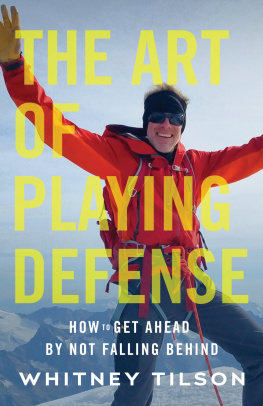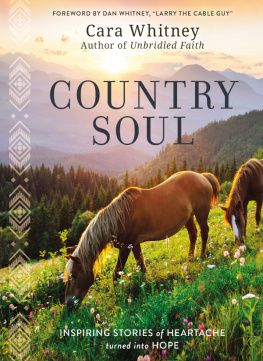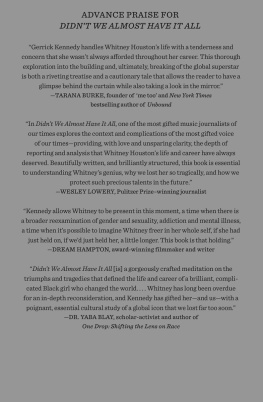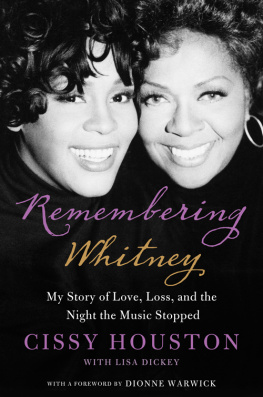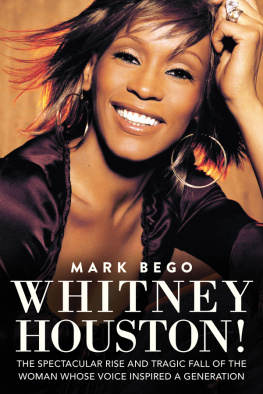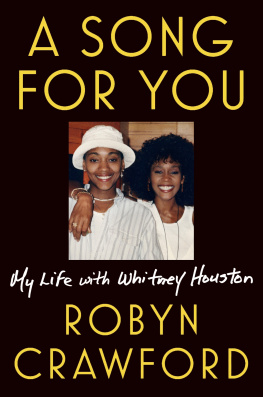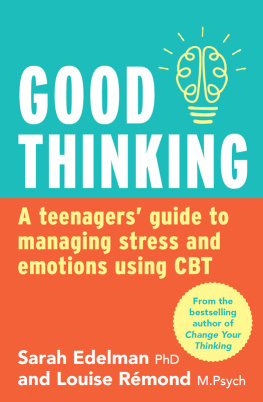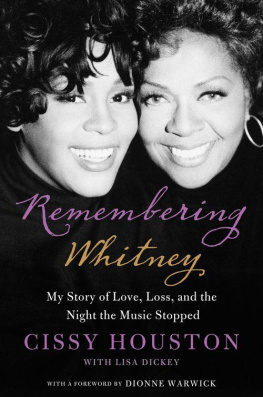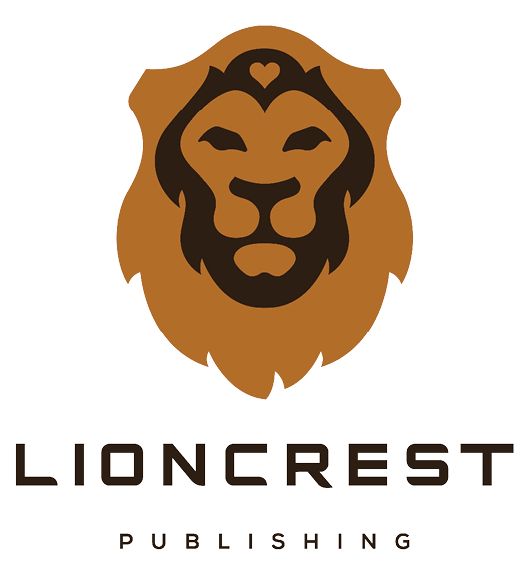All rights reserved.
This book is dedicated to my three wonderful daughters, Alison, Emily, and Katharine, who make me proud every day.
If they find even a few nuggets here that help them discover what they want to do with their lives; overcome challenges; avoid setbacks; recover from adversity; seize opportunities; develop deep, loving relationships; achieve genuine happiness; and become the best people they can be, then, to me, the huge effort of writing this book will have been worth it.
Introduction
After nearly two decades of managing money, I closed my hedge funds in September 2017 and launched an educational seminar business through which I sought to teach the next generation of investors everything Id learned from my time in the trenches.
My first seminar, with a dozen young investors, was in December 2017. Half of my students were fund managers, while the other half planned to launch funds in the not - too - distant future. Based on their feedback, I developed a curriculum for our five days together that was focused 60% on becoming better investors and 40% on launching and building successful investment - management businesses.
Yet, much to my surprise, over the course of the week, we ended up spending only about a third of our time on investing and another third on launching a fund.
What was the final third?
Life lessons.
It wasnt my plan to talk about these things, but whenever one of these topics came up, my students would pepper me with questions.
For example, at one point, I mentioned that many of my friends had gotten divorced in recent years. They asked me whether there were any common threads, which eventually led me to develop a list of twelve questions I think anyone should ask before marrying someone.
Another time, one of my students asked how Id cultivated so many mentors.
Actually, I replied, theres a five - step process And another long conversation ensued.
It soon dawned on me that teaching them this worldly wisdom was just as important as the formal curriculum Id developedand could be the basis for a book.
The Focus on Calamities
When I dove into this book, I started by writing about positive life lessons: work hard, become a learning machine, be nice, have high integrity, etc.
But a few chapters in, I ran out of gas and didnt write a word for months. Id lost motivation and couldnt figure out why. I finally realized it was because I was having trouble finding anything fresh and interesting to say. How many books are there that extoll the virtues of things like hard work and developing good habits? Thousands! Sure, this stuff is important, but its all been said and written a million times before, so I didnt feel like I was adding much.
But the calamities section Id planned for the end of the booknow that was interesting! How many books are there about all of the horrible things that can ruin your life like cancer, a terrible accident, your marriage falling apart, getting thrown in jail, losing all your money, having no friends, or becoming addicted to drugs or alcohol?
Id developed a slide presentation on calamities and, each time I taught it, my audience was riveted!
So I decided to change the focusand titleof this book.
Fair warning: much of this book is a downer. Who likes to think about all the bad things that can derail your life? Most people would rather think optimistically and hope for the best. But if you dont also think about avoiding calamities, youre making a big mistake.
The foundation for a successful life is playing good defense. If you want to get ahead, its critical to avoid big setbacks.
Why Me?
At first glance, I may seem like the wrong person to be writing a book about calamities because Ive suffered few of them.
I grew up all over the world in a loving, tight - knit family, I earned degrees from Harvard and Harvard Business School, Ive been a (mostly) successful serial entrepreneur, my wife Susan and I are still happily married after 27 years and have three spectacular daughters, Im in great health, and I have many wonderful friends. You can see why I count my blessings every day
So why am I qualified to write this book?
Let me answer that question by asking one: If you wanted to learn to play tennis better, would you hire me or Roger Federer? For basketball, me or Steph Curry?
Similarly, if you want to learn how to avoid calamities, would you rather learn from someone whos suffered a lot of them or someone whos successfully avoided them?
Its not an accident that Ive suffered far fewer than my fair share of big setbacks. Rather, its primarily the result of two things. During my youth, I had two wonderful role modelsmy parentsboth of whom I love and admire more than anyone. They surrounded me with love from the day I was born and made big sacrifices for my sister Dana and me.
By being excellent teachers and role models, they helped me avoid the calamities of youth: I didnt get myself killed, stayed away from drugs and alcohol, and got a great education.
Then, as an adult, in addition to having a wonderful wife, Ive had two more wonderful role models: famed investors Warren Buffett and Charlie Munger.
When I discovered them in the mid -1990s as I was first getting interested in investing, I studied them obsessively, reading everything by and about them and traveling to Omaha to attend the Berkshire Hathaway annual meeting every May (Id been to 21 in a row until the coronavirus forced the cancellation of the 2020 meeting).
What I learned from these two wise men about investing was invaluable. In the early days of my career, I had so little experienceand they were such brilliant, inspiring, and patient teachers! Had I not absorbed all of the investing lessons they imparted, I would never have achieved anything close to what I did. I beat the market year after year in my first dozen years and grew assets under management from $1 million to $200 million across three hedge funds and two mutual funds. I also launched successful investment conference and newsletter businesses, appeared regularly on CNBC for many years, was on 60 Minutes twice, wrote hundreds of articles, and coauthored three books.
Ive come to realize, though, that the most important things I learned (and continue to learn) from Buffett and Munger go well beyond value investing. They fall under the category of what Munger calls worldly wisdom.
Much of what they preach is simple (as Munger jokes, If its trite, its right!): work hard, become a learning machine, have high integrity, develop good habits, be nice to everyone, marry the right person and maintain a strong relationship, and so forth.
They also spend a lot of time talking about calamities. I still remember the moment when I was at the WESCO annual meeting two decades ago when Munger said, All I want to know is where Im going to die, so I never go there.
Everybody laughed, but he continued:
Im serious. Once you reach a certain position in life, you should spend most of your time trying to avoid the things that can derail your life and send you back to go, or worse. Thats true in investing, but its also true in life. What happens to many people is that even when theyve got it made, they cant help but stretch to try to grab the brass ringand fall, bringing themselves to ruin.

